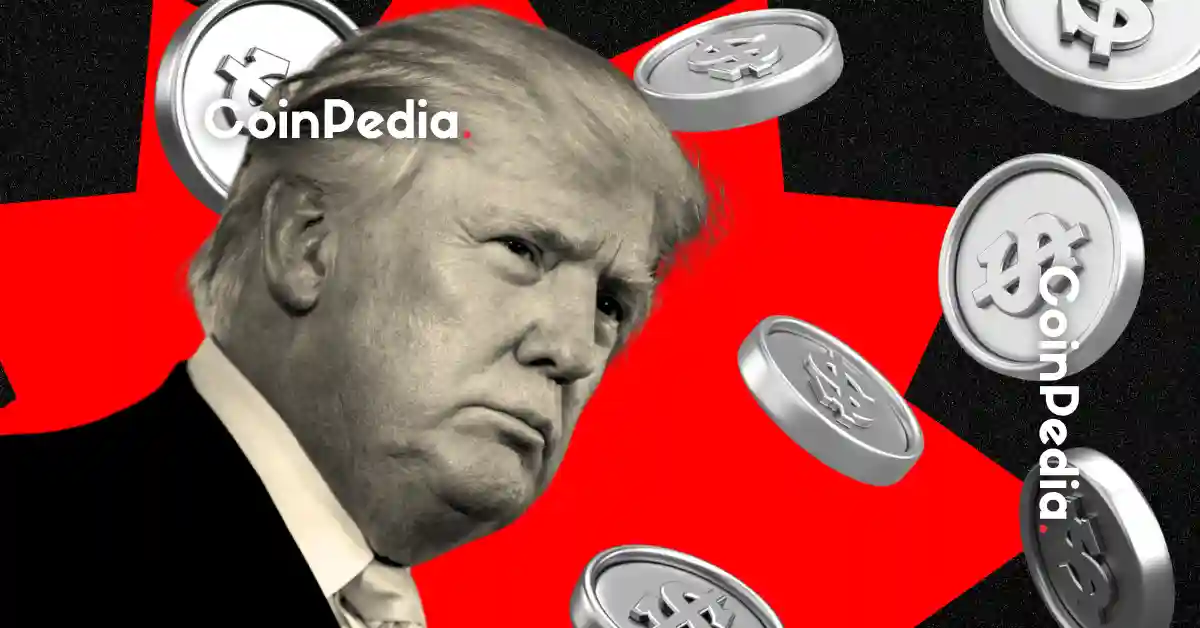Donald Trump’s recent proclamation calling Bitcoin “amazing” and claiming that he “built the Bitcoin industry” marks a striking shift in his stance toward cryptocurrency. Once a vocal skeptic and critic of Bitcoin, his latest statements reveal a surprising embrace of digital assets and a desire to position the United States at the forefront of blockchain innovation. This transformation carries implications both for the crypto market and broader public perception.
Evolution of Trump’s Crypto Perspective
In previous years, Trump’s remarks on Bitcoin and cryptocurrencies were predominantly dismissive or cautious. He expressed concerns over their volatility, potential use in illicit activities, and lack of regulatory oversight. This skepticism was consistent with many traditional political voices wary of decentralized finance disrupting established systems. For instance, in 2019, Trump tweeted that he was “not a fan of Bitcoin and other Cryptocurrencies,” citing their role in facilitating illegal activities and their potential to undermine the U.S. dollar’s dominance.
However, the recent pivot toward praising Bitcoin as “amazing” reflects a deeper understanding—or at least an acknowledgment—of the growing significance of cryptocurrencies. His comment about having “built the Bitcoin industry” appears partly rhetorical, aiming to claim credit for fostering conditions favorable to crypto innovation during his administration. During his tenure, the Trump administration took steps that indirectly supported the crypto industry, such as promoting blockchain-friendly policies and nominating individuals sympathetic to digital asset advancement. For example, the appointment of Christopher Giancarlo, a former Commodity Futures Trading Commission (CFTC) chairman known for his pro-crypto stance, signaled a more open approach to digital assets.
Implications for U.S. Leadership in Cryptocurrency Innovation
By aligning himself with Bitcoin’s success, Trump underscores a vision of the United States maintaining or regaining a competitive edge in this rapidly evolving financial sector. The U.S. has seen significant crypto adoption and innovation, with numerous startups, exchanges, and blockchain projects headquartered there. Trump’s statement suggests an intent to leverage this momentum politically and economically, framing America as a global leader rather than a laggard in digital finance.
This stance contrasts with prior regulatory uncertainty that sometimes hindered crypto businesses, reflecting a possible strategic recalibration to embrace blockchain technology’s transformative potential. If championed further, it could encourage lawmakers and regulators to foster clearer frameworks, incentivize innovation, and attract investment. For example, the U.S. could potentially become a hub for crypto innovation, similar to how it leads in tech and finance, by implementing favorable regulations and tax policies.
Market Reactions and Public Perception
The endorsement of Bitcoin from such a prominent political figure influences market sentiment and public discourse. While Trump’s direct impact on crypto prices is limited compared to broader economic factors, his statements can bolster confidence among supporters and skeptics alike. Highlighting Bitcoin’s “amazing” qualities elevates its mainstream appeal, potentially attracting renewed interest from traditional investors and the general public. For instance, Bitcoin’s price often reacts to political news, and Trump’s endorsement could contribute to a positive market sentiment.
Moreover, by associating himself with the crypto industry’s growth, Trump shapes the narrative around digital currencies, possibly swaying political debates and regulatory approaches. This repositioning might reduce stigma and facilitate broader adoption, especially if accompanied by concrete policies supporting innovation. For example, Trump’s endorsement could encourage other political figures to take crypto more seriously, leading to more balanced and informed discussions about its role in the economy.
Challenges and Skepticism
Despite the positive spin, skepticism remains regarding the depth and sincerity of Trump’s shift. Critics might view his claims of “building” the Bitcoin industry as exaggerated or self-serving. Additionally, the volatile nature of cryptocurrencies and ongoing regulatory debates pose challenges that require nuanced understanding rather than political soundbites. For example, the lack of clear regulatory frameworks in the U.S. has led to uncertainty and hesitation among some investors and businesses.
Further, cryptocurrency enthusiasts often emphasize decentralization and distrust political influence, which could create tension with any attempts to politicize or overly regulate the space. Navigating these complexities will be critical for any sustained leadership role the U.S. aims to achieve. For instance, balancing innovation with regulation will be crucial to ensure that the U.S. remains competitive while protecting consumers and the financial system.
Conclusion: A New Chapter in Crypto Dialogue
Trump’s unexpected acclaim of Bitcoin as “amazing” and his assertion of having “built the Bitcoin industry” signal a noteworthy moment in the evolving dialogue between politics and cryptocurrency. His shift highlights the growing mainstream recognition of digital assets’ potential and the strategic importance countries assign to blockchain innovation.
This development invites reflection on how political figures engage with emerging technologies, the role of government in shaping crypto’s future, and how narratives can influence markets and public opinion. Whether driven by genuine conviction or political calculation, Trump’s statements contribute an intriguing chapter to the story of Bitcoin’s ascent and the global race for cryptocurrency leadership. As the crypto industry continues to evolve, the interplay between politics and technology will undoubtedly shape its trajectory, making Trump’s recent remarks a significant milestone in this ongoing narrative.





